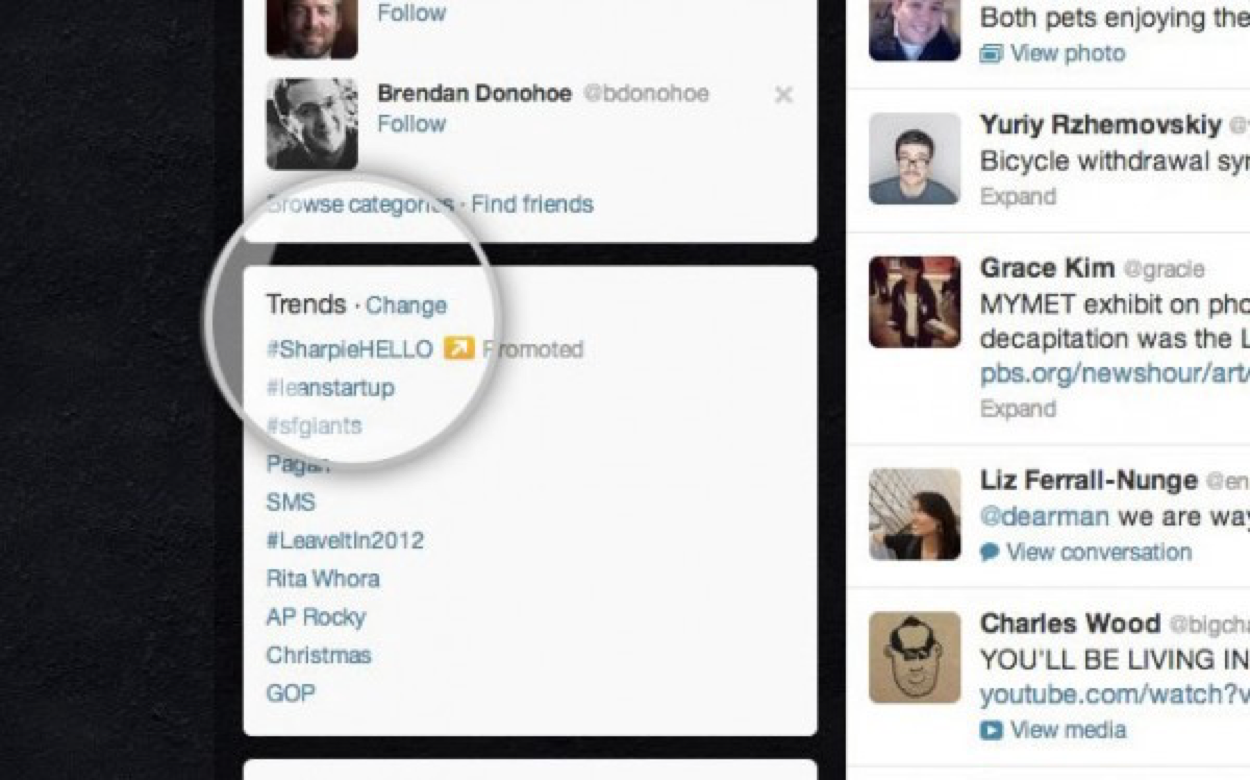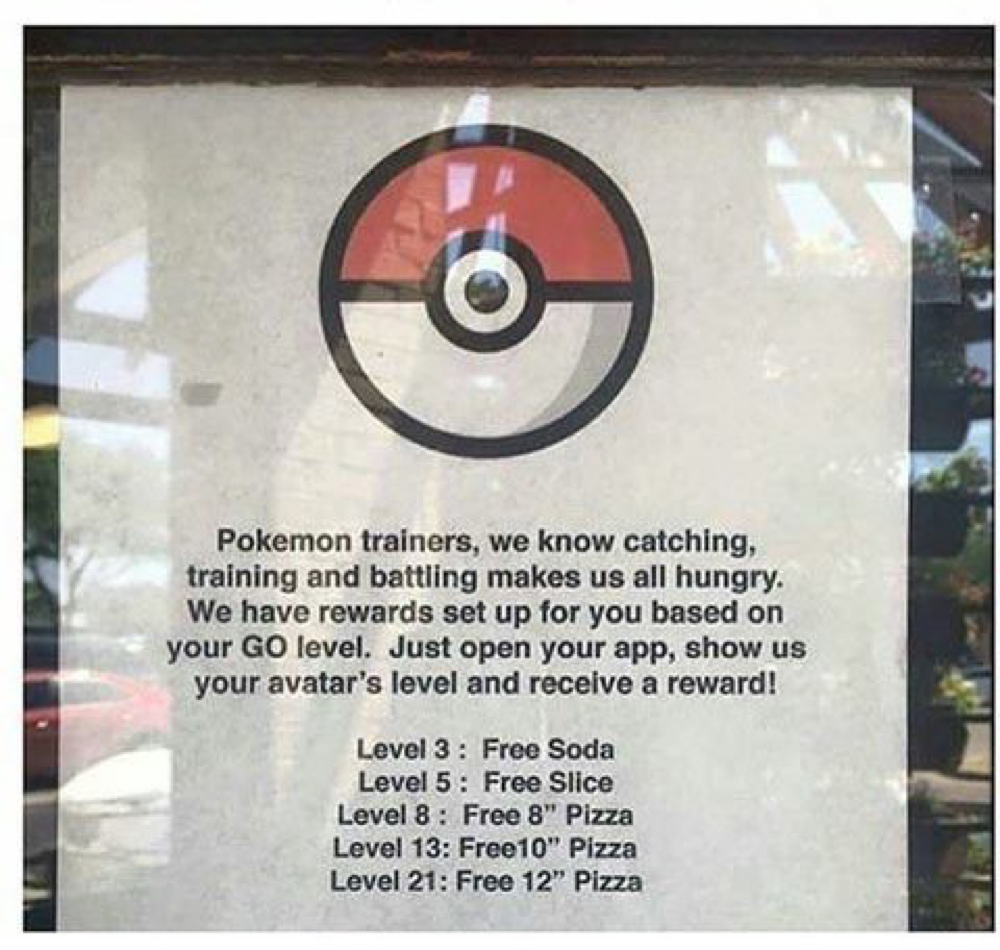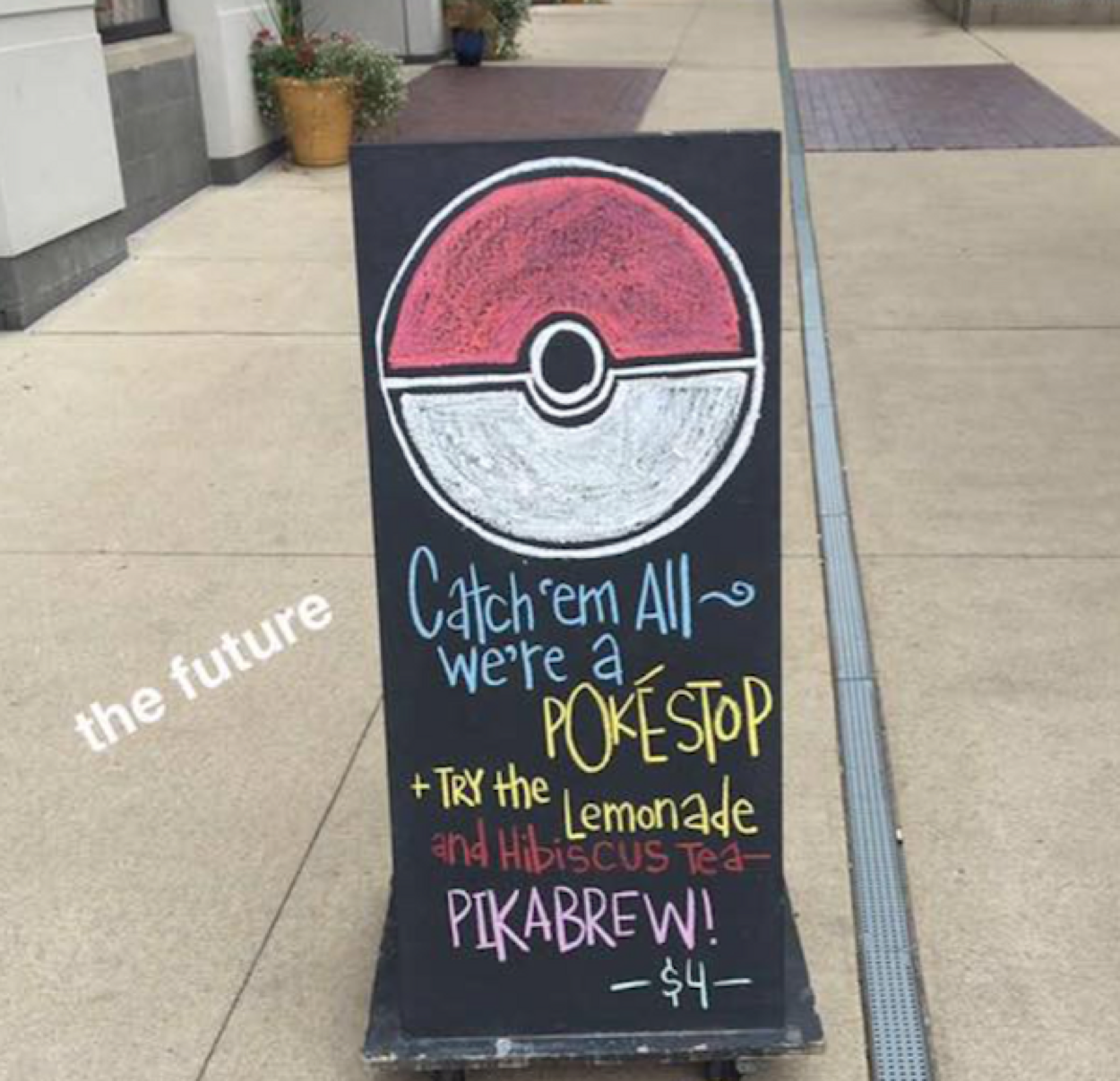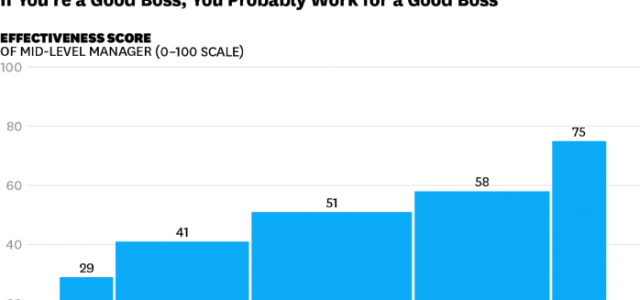Yes, there seems to be an economic model for everything now — including Pokémon Go. The Internet (as usual) never fails to find ways for marketers and advertisers to target customers. From the tailored ads on the side of your Facebook feed relating to your most recent Amazon purchase, to the sponsored topics that show up on Twitter’s ‘What’s Trending’ feature, Pokémon Go seems to have exceeded these schemes on a new level.

Certain restaurants are now inviting its Pikatchu seekers to sit in and grab a bite while they find him. Others, however, may be paying the app itself in order to demand that its users find Pikatchu within their premises. Players are then required to enter the restaurant and actually sit inside. This gives these businesses an innovative marketing scheme for gaining more customers.
 Restaurant in Italy rewards its Pokémon players with free food & drinks depending on the level they have reached.
Restaurant in Italy rewards its Pokémon players with free food & drinks depending on the level they have reached.
This not only reveals the commercialisation or monetisation of these free apps, it could also be a method of exploitation for us as their users.
 Snapchat taken of a café trying to promote its sales by targeting Pokémon Go players.
Snapchat taken of a café trying to promote its sales by targeting Pokémon Go players.
After reading Christian Fuchs’s literature on ‘Digital Labour’ for my Digital Economy class, I stumbled upon an observation. Fuchs defines us users as members of free labour — or as he calls it — digital labour, where the Internet and all these, keyword, ‘free’ apps are an open space for free sharing, freedom to create online profiles on different platforms, and most importantly, free online engagement. But why is it all “free” — you might think—what’s the catch?
This is it; money is made from the data we allow these platforms to collect when we so passively accept terms and conditions that we actively ignore. Traditional marketing strategies, which took the form of bold billboards and TV ads, have become less obvious than before. Nowadays, we might be looking at ads or taking part in a marketing scheme without even knowing it. So is it fair to say that whatever you voluntarily post online “can and will be used against you”? This sheds light on the nature of capitalism, its effect on our virtual social engagement and the information we choose to post or take part online — by turning us users and our very own online activities into commodities. So, the next time you download a ‘free’ app and create a ‘free’ account, consider the fact that the information you input may be monetised and used for commercial purposes without you even realising it.
Read more by Dana Damanhouri, here
Article by channel:
Everything you need to know about Digital Transformation
The best articles, news and events direct to your inbox
Read more articles tagged: Featured, Social Media






